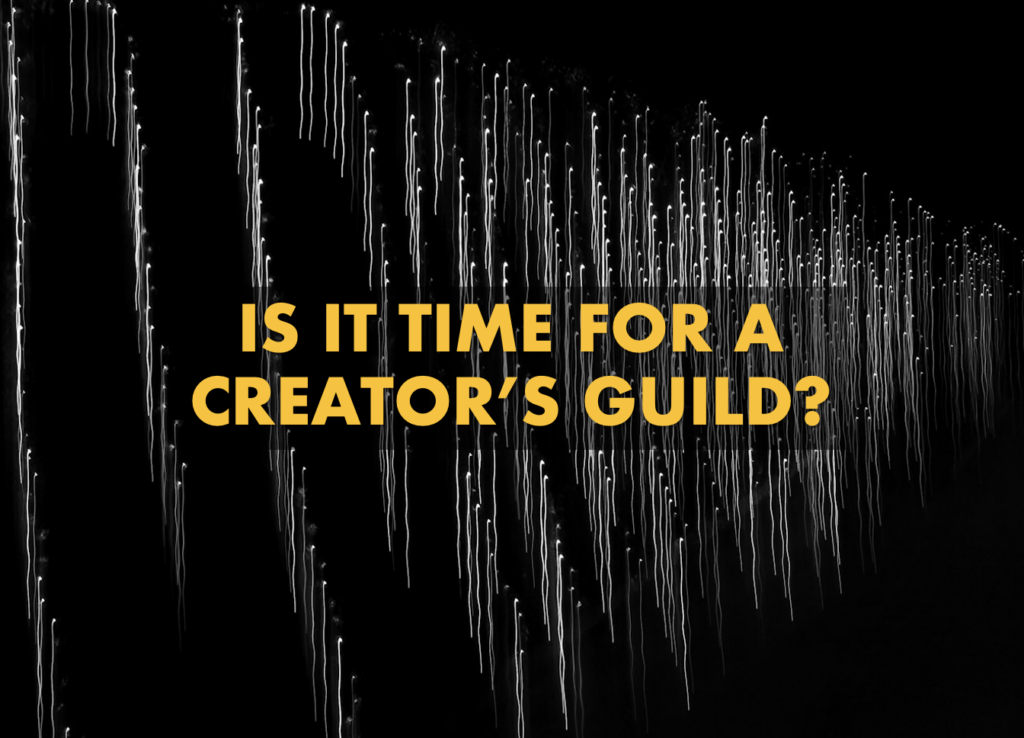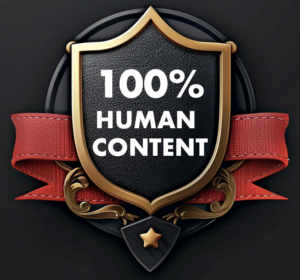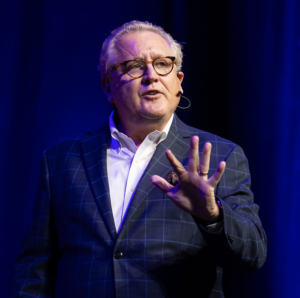
Here are three colliding trends that seem to indicate a massive business opportunity:
- AI models are running out of content they need to grow. Companies like OpenAI are so desperate they are bending the rules of copyright, or breaking them, to keep growing. AI companies are under attack by copyright lawsuits.
- Some companies are willing to pay for new sources of content. Apple, for example, floated offers worth $50 million in licensing multiyear agreements with news publishers in order to train its AI models. OpenAI is paying the Financial Times, The Associated Press, and others for content. Here is a list of all the content licensing deals in progress.
- We are at a unique moment in the history of writing. Individuals (like me) have been creating volumes of well-written, well-researched content for many years. Millions of creators are sitting on a mountain of content that could be monetized by AI, but its not.
Do you see where I’m heading here? This is a business waiting to happen.
The Content Creator Guild
“The biggest bottleneck today is data. We often have a pretty good sense of what are the AI algorithms that we could build if only we had the data to build them. But for a lot of applications, it’s just really hard to get the data.” — Andrew Ng, founder DeepLearning AI
Let’s look at this opportunity more closely.
 Large Language Models (LLMs), such as ChatGPT, are revolutionizing how machines understand and generate human-like text. But these powerful AI models are only as good as the data they are trained on. They require vast amounts of high-quality, diverse content to improve their performance and produce more accurate and nuanced outputs.
Large Language Models (LLMs), such as ChatGPT, are revolutionizing how machines understand and generate human-like text. But these powerful AI models are only as good as the data they are trained on. They require vast amounts of high-quality, diverse content to improve their performance and produce more accurate and nuanced outputs.
The industry is so desperate for content it’s creating synthetic content — AI content fueling AI models — which represents an obvious long-term problem if most of the internet becomes self-generated.
Like it or not, AI companies require human-generated content to compete and grow.
This is where we, the creators, come in.
For years, we’ve been pouring our hearts and souls into blogs, vlogs, videos, and podcasts. We’ve amassed an enormous backlog of copyrighted material that sits idle, waiting to be discovered and appreciated by new audiences.
What if we could do more than just hope for organic traffic and a little affiliate ad revenue? What if we could actively monetize our content by licensing it to train the next generation of LLMs?
Let’s imagine this new content power. I have 15 years of blog posts, 12 years of podcast transcripts, and a dozen books about marketing sitting largely unnoticed, gathering pixel dust. Now pile on the extensive, multi-year assets of people like Seth Godin, Martin Lindstrom, Philip Kotler, David Meerman Scott, and hundreds of others, and you will have the most comprehensive marketing database on the planet.
Keep going. Gather the assets of the greatest content creators for music, home improvement, fashion, sports. This is a goldmine of nuanced expertise and opinion on any niche topic … just what the AI ordered.
The benefits of organizing
“I have content. Come and get it Elon.” — Mark Schaefer, a nice guy who enjoys money
No individual creator could get the attention of OpenAI or Google or Zuck. But a unified Creator Guild representing tens of thousands of creators could:
- Collectively negotiate with AI companies and other technology giants
- Set standards for data usage rights, royalty structures, and attribution practices
- Create a pool of money to compensate real humans in the AI Era
- Establish incentives for new human content creation
- Navigate legal gray spaces and establish precedents and guidelines around ethics and fair use. A Creator Guild could be a unified voice for our rights while providing AI content fuel that is free of legal ambiguity.
A Creator Guild is a slam dunk win-win that pays worthy creators and solves the biggest headache for AI tech companies.
Beyond the current AI opportunity, a unified organization could also have collective bargaining power to negotiate better terms with traditional publishers, platforms, advertisers, and others who are ripping us off.
A Creators Guild could create a support network for creators, offering resources, mentorship, and opportunities for collaboration. We could even fund our own research and development initiatives to explore new ways of creating and distributing content in the age of AI.
The time is now.
This is a good and obvious solution. My concern is that the train is already rolling without us.
Tumblr and WordPress are reportedly set to strike deals to sell our data to OpenAI and Midjourney. While users have an option to toggle a button and “opt-out,” there is no provision to “opt-in” to the money.
Hold on there Sparky. You’re going to take our work and monetize it … WITHOUT US?
Without a unified voice, creators are going to be squashed.
Plus, we don’t really know how our content is already being used in the planet-sized minds of AI supercomputers. If the tech companies are already skirting the law with YouTube and other platforms, chances are they’ve already scraped my blog and yours.
But here’s the problem — at some point, these companies are going to face the music with their reckless approach to copyright and guarantee safe, license-free results for text, images, and video generation. An agreement with a massive Creator Guild would be a huge step forward to provide lawful and ethical results.
To solve this problem, AI companies are already posting jobs for human writers (for less than $20 per hour!). They need quality, creative, niche content if they want these models to provide output that is less generic and more “human.”
But they will keep taking advantage of us and our work if we don’t have bargaining leverage.
An existential issue for creators
We are rapidly moving toward a post-link world. Today, if people share links to our content, we don’t get paid, but at least we are driving potential customers to our content. That benefit is vanishing.
Analyst Benedict Evans wrote (edited for clarity):
“If an LLM can read the internet and answer questions about it based on everything it’s read, then it’s not indexing pages and links anymore, but unbundling and rebundling the contents of the pages themselves. When we went from print to the web of links, we unbundled the publications: links sent us to one page.
“If I ask an LLM what credit card to get or what hotels are good in Rome, then it abstracts and synthesizes the answers from hundreds of web pages and doesn’t send anyone any traffic. It unbundles the job-to-be-done – was the aim to find a page, or to read some prose, or to get an answer? This is an existential question for the future of the web.”
The beginning of a Creator Guild
Here’s the part where you expect me to say, “Hey gang, join me and my new Creator Guild!”
Nope.
This is a big job … a complex job. It will take a sizable company with resources to organize talent and pay for lawyers to figure all this out. Perhaps this task might fall to an existing union like the Screen Writers Guild or the Writers Guild of America.
Or, perhaps some tech giant will get smart and create an opt-in contract that provides a monthly salary for the free use of content based on the size and quality of the assets (I’m sure an AI could figure this out!). Or, maybe a venture capitalist will read this post and organize a company around the idea.
I have faith in Adam Smith’s invisible hand. There is money to be made. Somebody out there will figure it out.
I hope this post is the spark that gets things going, and fast. Sign me up.
 Need a keynote speaker? Mark Schaefer is the most trusted voice in marketing. Your conference guests will buzz about his insights long after your event! Mark is the author of some of the world’s bestselling marketing books, a college educator, and an advisor to many of the world’s largest brands. Contact Mark to have him bring a fun, meaningful, and memorable presentation to your company event or conference.
Need a keynote speaker? Mark Schaefer is the most trusted voice in marketing. Your conference guests will buzz about his insights long after your event! Mark is the author of some of the world’s bestselling marketing books, a college educator, and an advisor to many of the world’s largest brands. Contact Mark to have him bring a fun, meaningful, and memorable presentation to your company event or conference.
Follow Mark on Twitter, LinkedIn, YouTube, and Instagram
Illustration courtesy Unsplash.com


